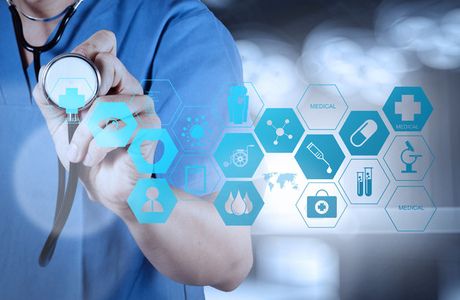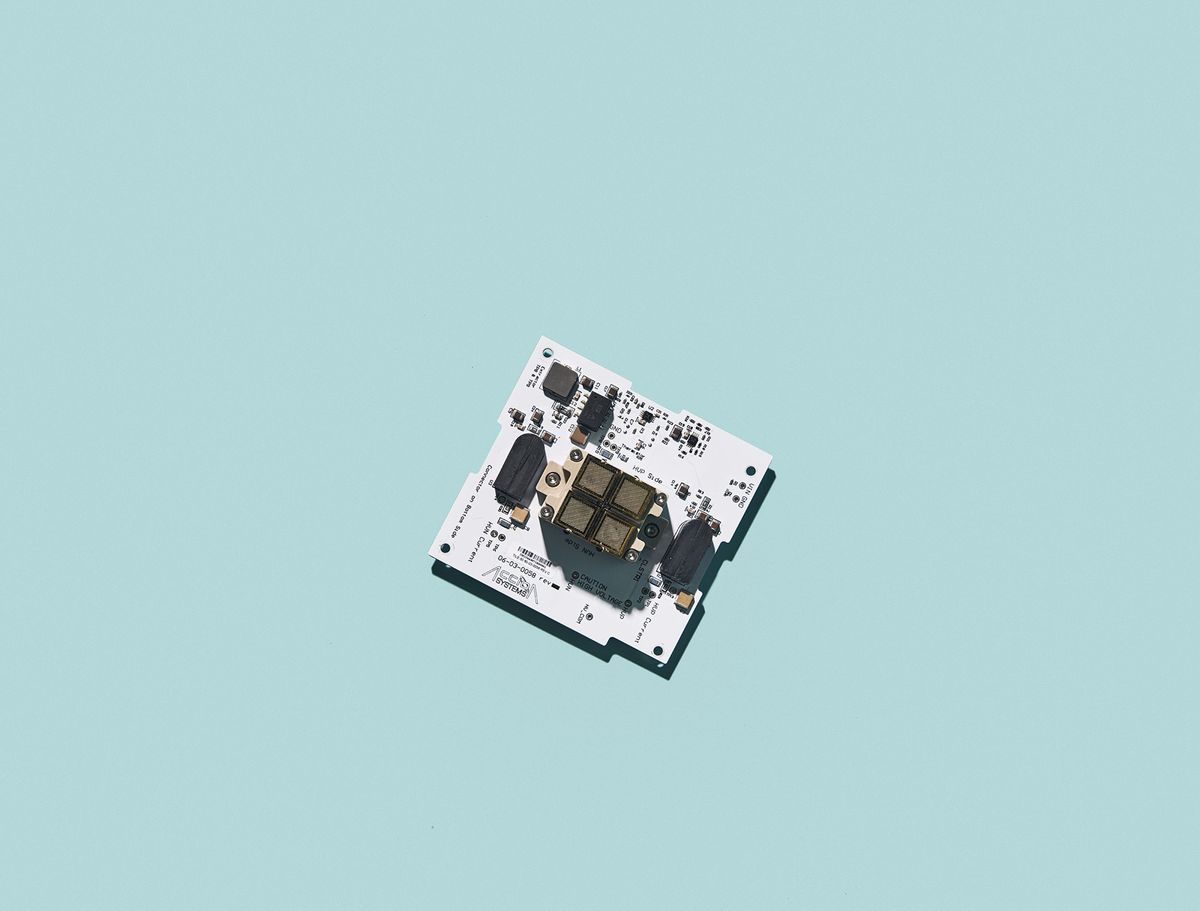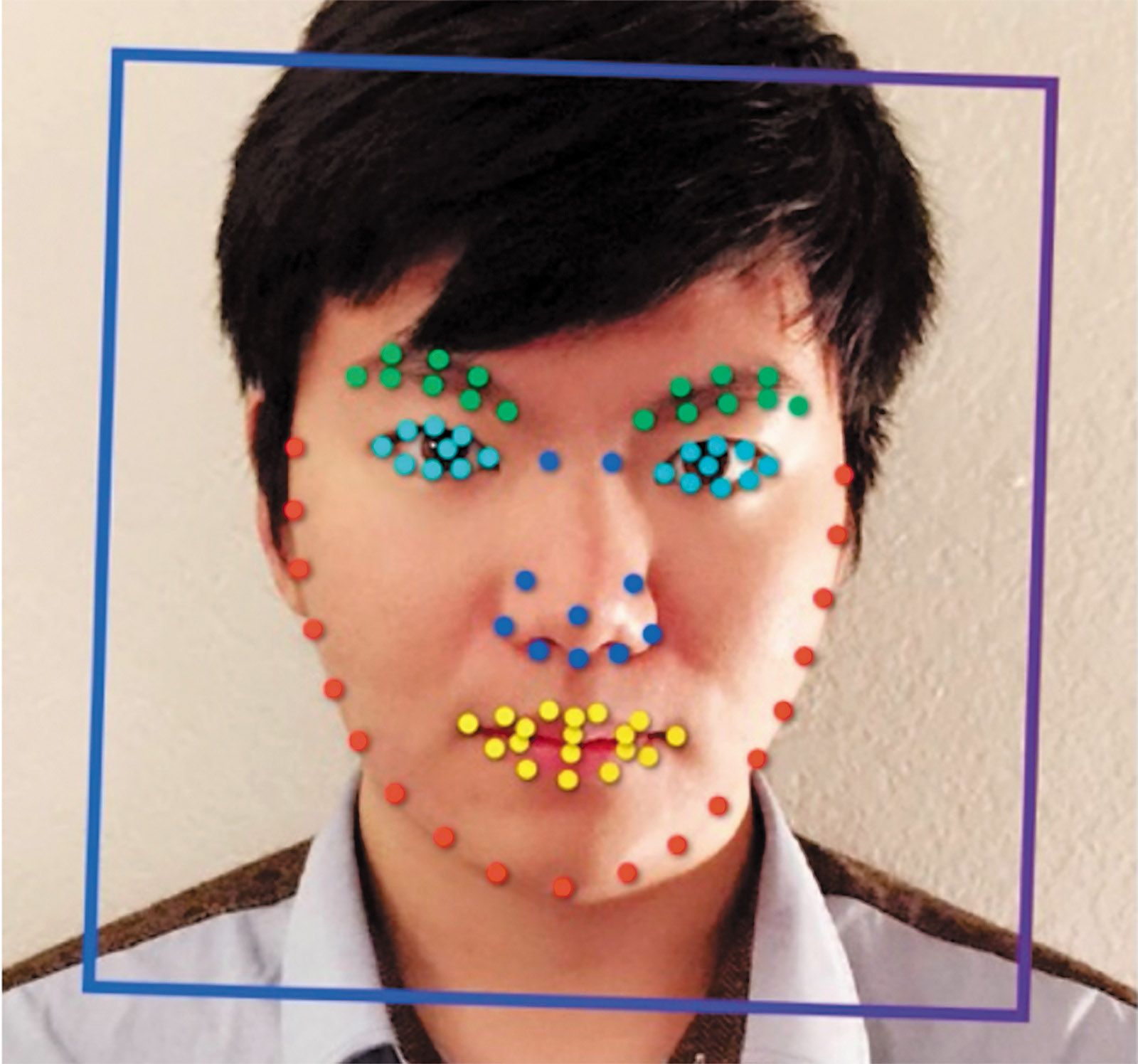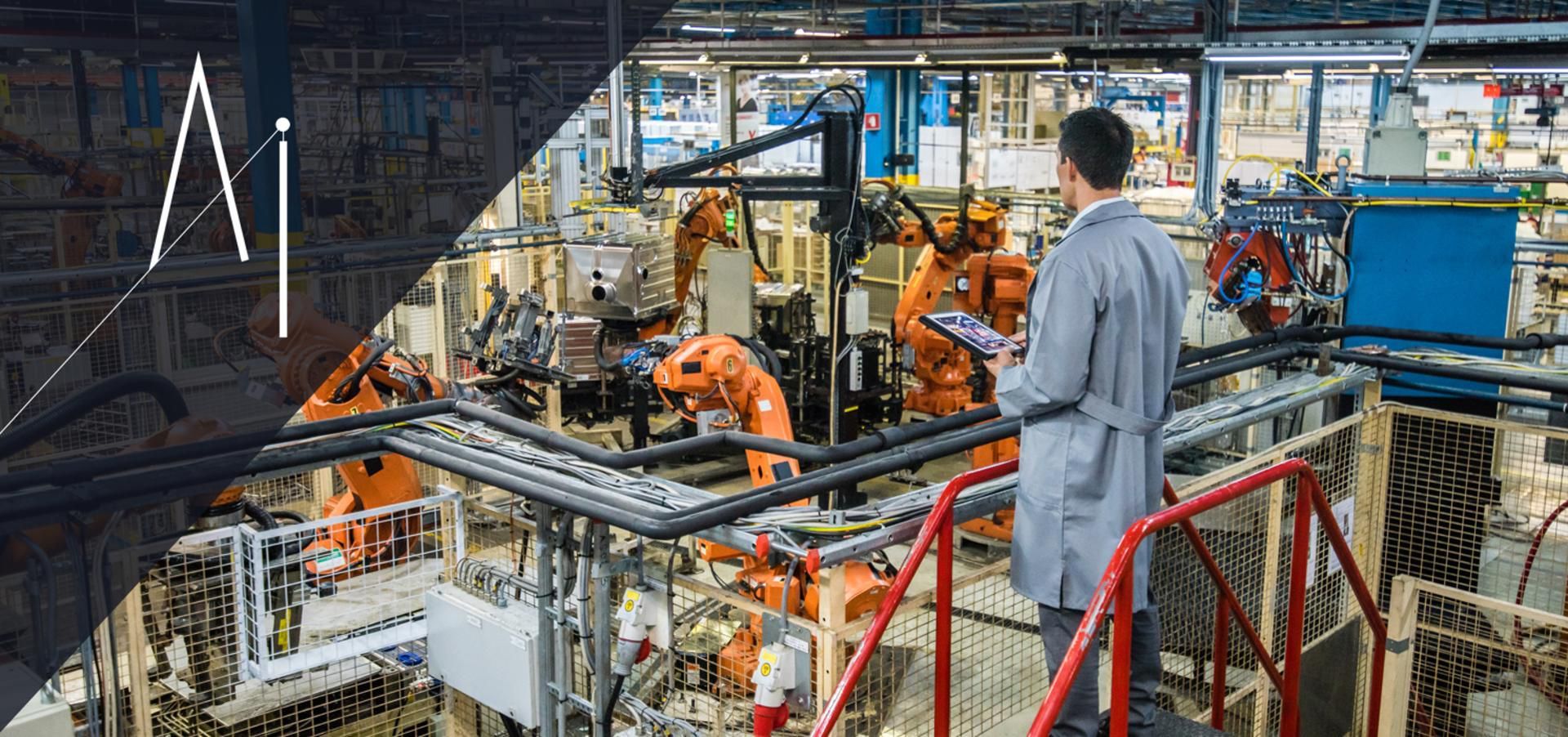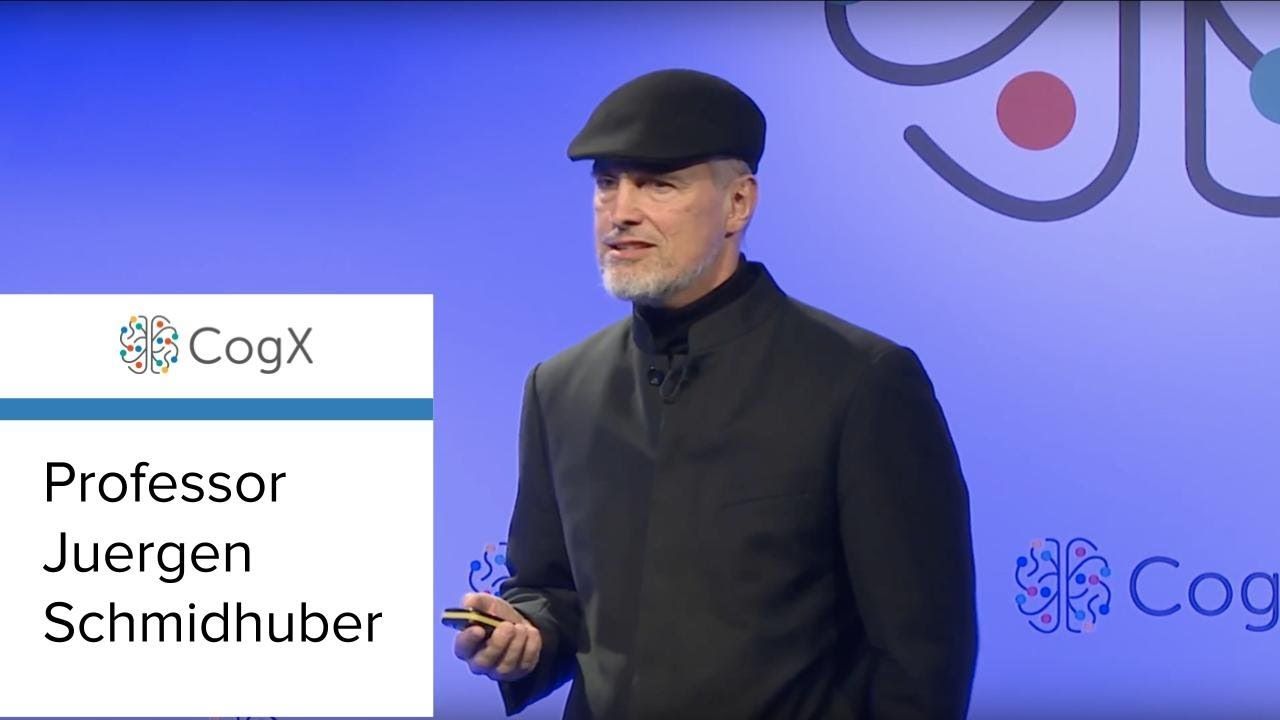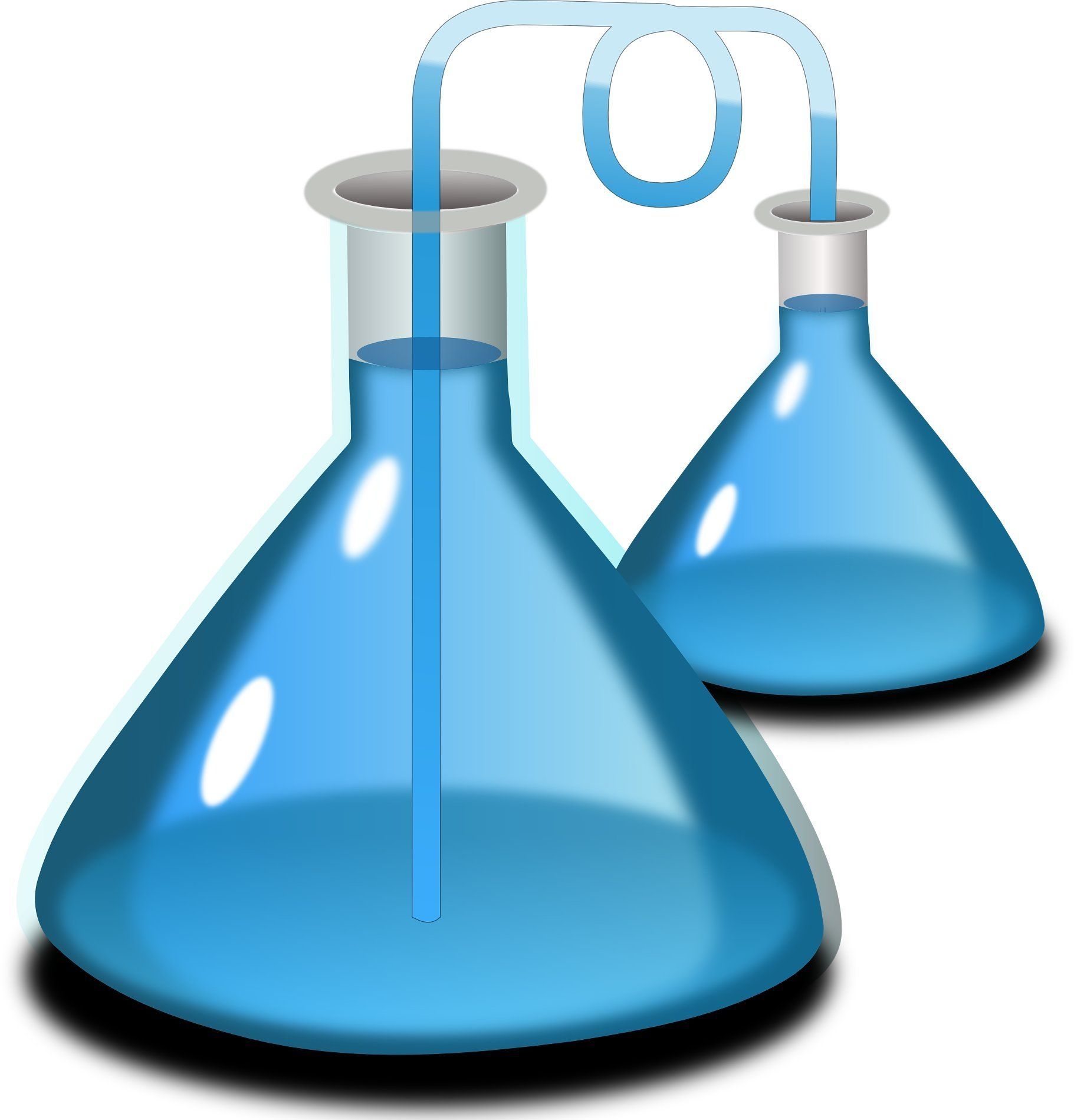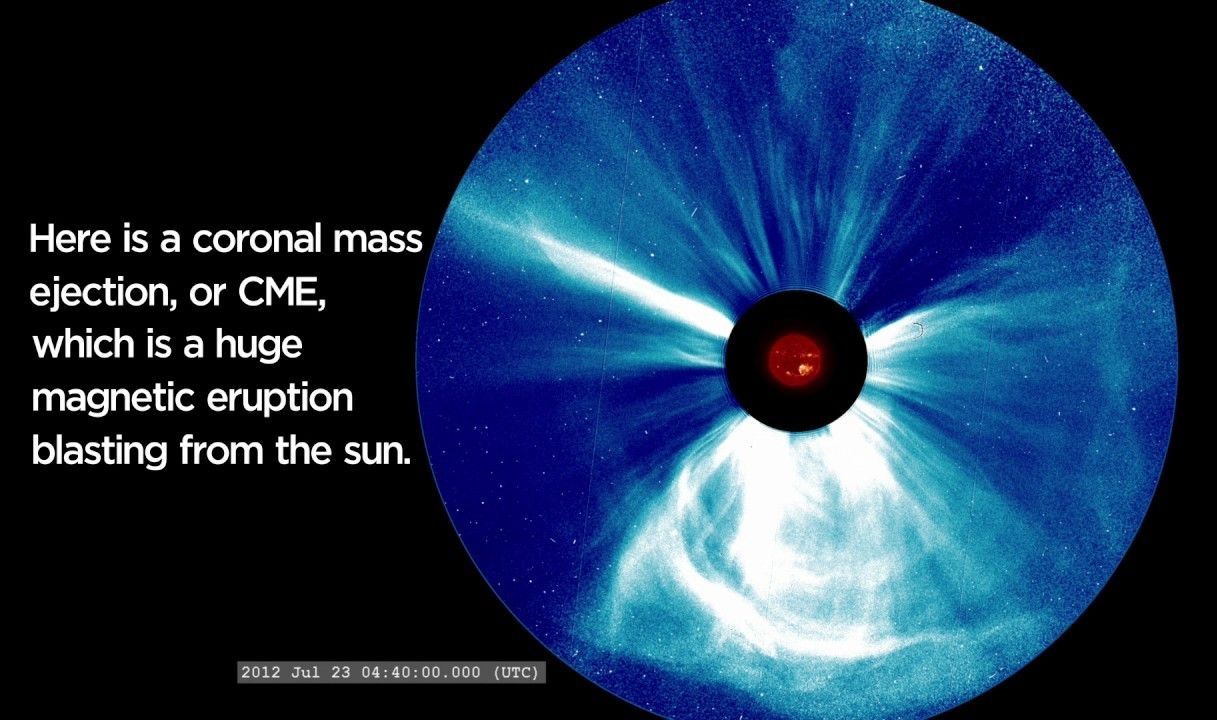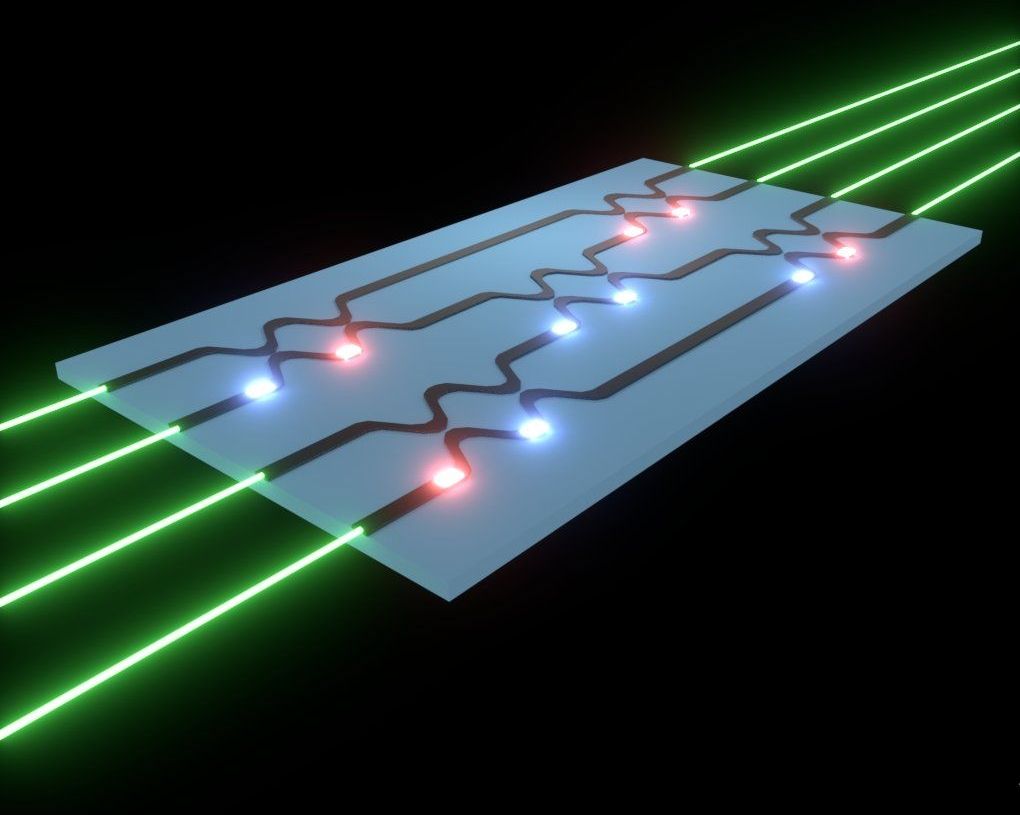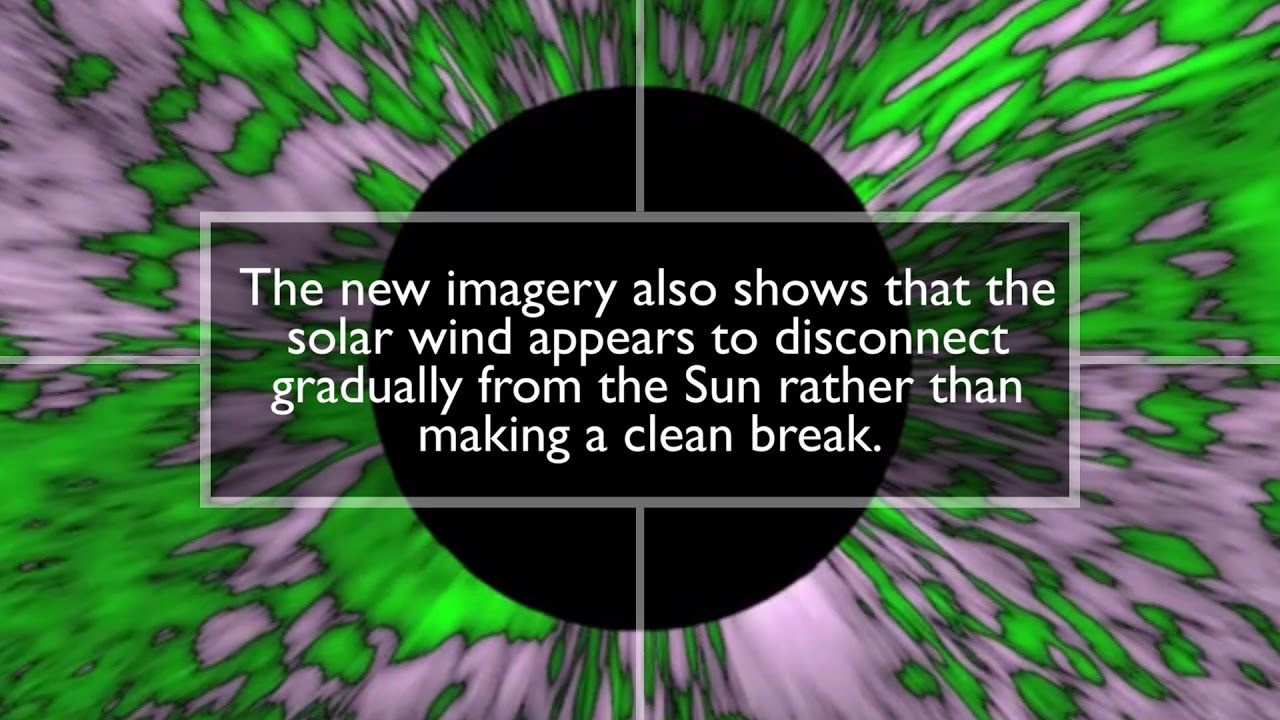Jul 26, 2018
How artificial intelligence is changing the pharmaceutical industry
Posted by Alexandros El in categories: biotech/medical, information science, robotics/AI
But the great potential of artificial intelligence shall become fully clear when considering its possible applications to drug discovery. It seems an era ago since the Human Genome Project was completed in 2003; since then, sequencing capabilities and softwares for data analysis rapidly established themselves as the new paradigm for drug discovery thanks to the increasing availability of IT technologies and the institutional and governmental support to big data analytics’ policies.
The exponential growth of the market
The annual growth rate of the market of artificial intelligence for healthcare applications has been recently estimated by Global Market Insights to be 40% CAGR (Compounded Average Growth Rate) per year up to 2024, starting from a value on $ 750 million in 2016.
Continue reading “How artificial intelligence is changing the pharmaceutical industry” »
